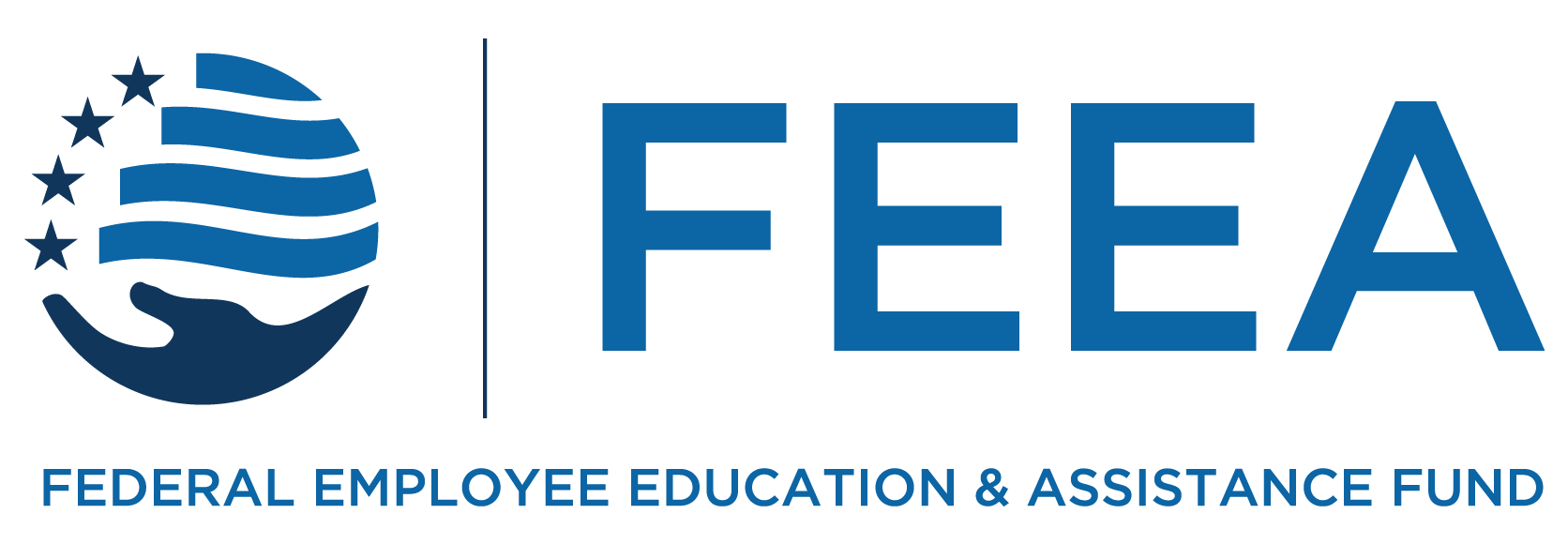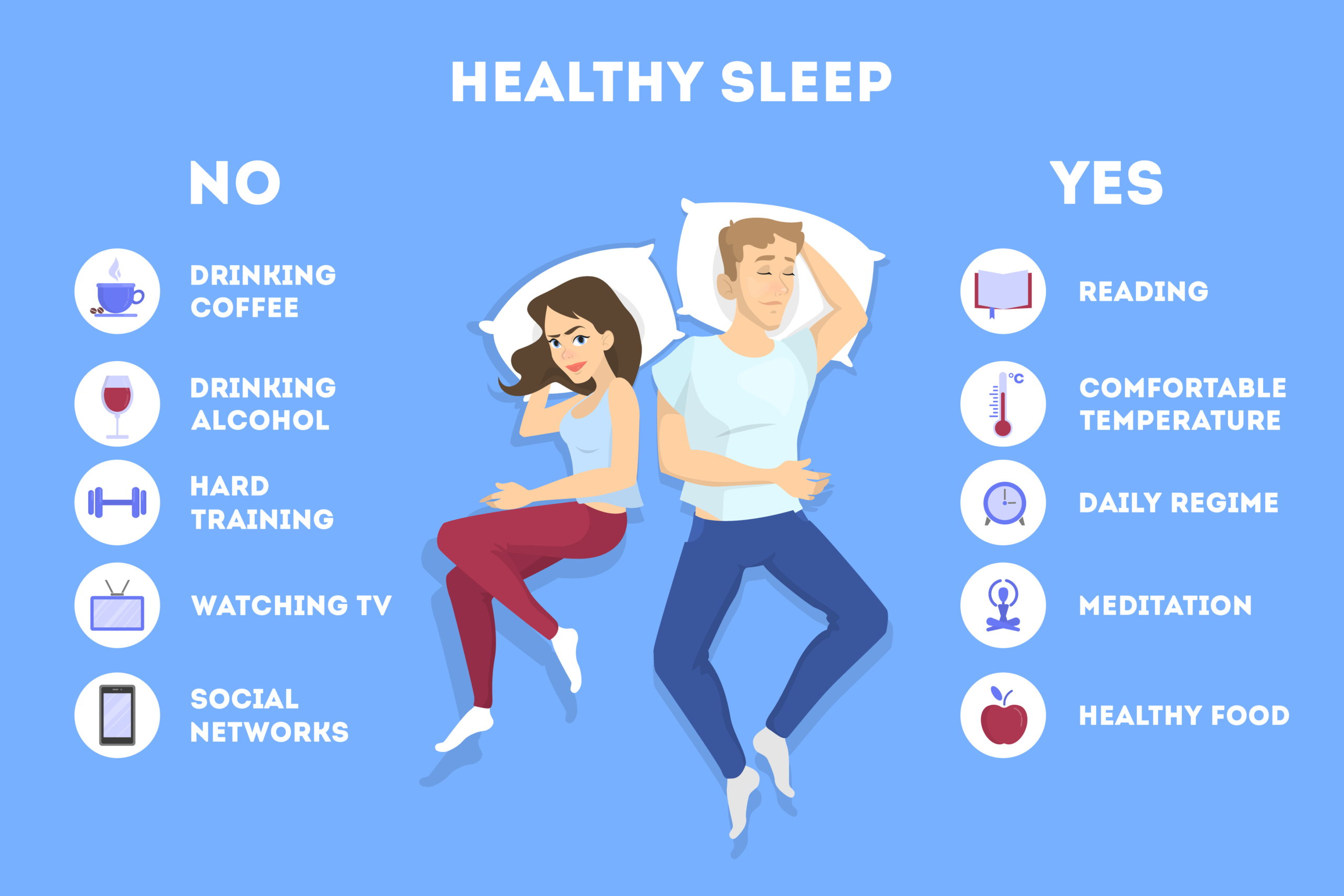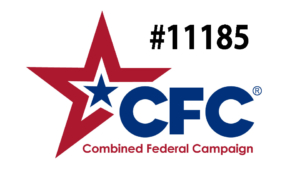From dimming the lights to cleaning your pillows, our experts walk you through the changes you can make for a better night’s sleep
If you have ever found yourself up late at night tossing and turning, unable to sleep, you are not alone. Nearly 70 million Americans suffer from a sleep disorder, with 30% of adults experiencing short-term insomnia.
Many factors can disrupt the natural rhythm of sleep – from stress and illness to schedule and diet. It’s no wonder that as the issues compound, you can find yourself in an unrelenting cycle of sleep deprivation, hoping for a better night’s sleep.
Sleep doesn’t have just one biological purpose, it’s an important contributor to the proper functioning of every system within the body. Sleep supports physical and mental development, immune system health, memory, and mental health.
Quality sleep is as crucial as its quantity. A restful night contributes significantly to your overall health, impacting everything from mental clarity to physical stamina.
So, how much sleep should you get?
What can you do for a better night’s sleep?
The impact of poor sleep extends beyond feeling tired. Chronic sleep deprivation can lead to serious health issues like heart disease, obesity, and depression. Prioritizing sleep is an investment in your long-term health.
If you find it difficult to fall asleep, stay asleep, and are always feeling tired, it may be time to discuss your symptoms with your primary care physician.
Want to learn more about Sleep and Aging? Visit the National Institute on Aging for their guide on a Good Night’s Sleep and more information on Sleep Apnea and Movement Disorders.
Want to start your morning off with stretches to help improve your flexibility? Check out our 5 stretches to start your day.
The information provided in this piece is for your convenience and informational purposes only and not to be construed as professional advice. FEEA and its coauthors and sponsors are not liable for any losses or damages related to actions or failure to act with regard to the content in this piece.
Would you like to reprint this piece in your agency human resource, federal employee association, or union local newsletter? You can do so at no cost by contacting admin@feea.org with your request.
Subscribe to FEEA’s Newsletter






